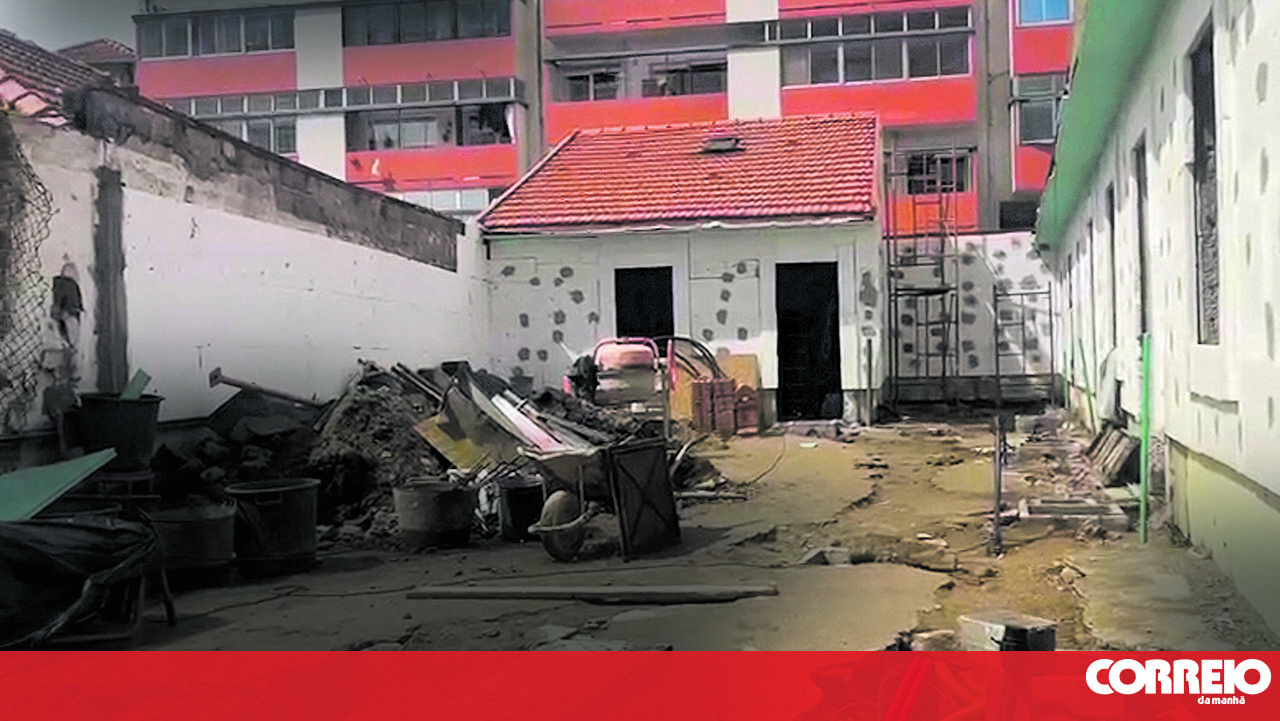Major Investment in Green Energy
The Chinese company CALB has officially launched a €2 billion project to construct a lithium battery factory in Sines, Portugal, aimed at supporting the growing electric vehicle market. This facility will have an impressive 15 GWh of energy storage capacity.

Project Launch and Economic Impact
The factory's inauguration ceremony is set to take place at the Técnico Innovation Center in Lisbon, attended by the Minister of Economy, Pedro Reis, and CALB executives. This innovative investment is projected to create 1,800 direct jobs and potentially contribute over 4% to Portugal's GDP once it reaches full production by 2028.
Liu Jingyu, the president of CALB's Board of Directors, emphasized that this project is crucial for the future of green energy in Portugal and the transition to electric vehicles in Europe. He stated, "Our factory will not only create new jobs but will also place Portugal at the forefront of the production of batteries for electric vehicles in Europe."
Strategic Importance
The factory, located in the Sines Industrial and Logistics Zone (ZILS), will occupy approximately 45 hectares of land and will consist of five buildings dedicated to the production of electrodes, cells, assembly, and packaging. This strategic investment aims to enhance CALB's presence in the European electric vehicle market and cater to the increasing demand for clean energy solutions.
Timeline and Future Prospects
Construction is expected to commence later this year, with operations anticipated to start in 2028. CALB's project represents a significant step towards energy security, economic growth, and sustainable development in Portugal.



























Comments
Join Our Community
Sign up to share your thoughts, engage with others, and become part of our growing community.
No comments yet
Be the first to share your thoughts and start the conversation!